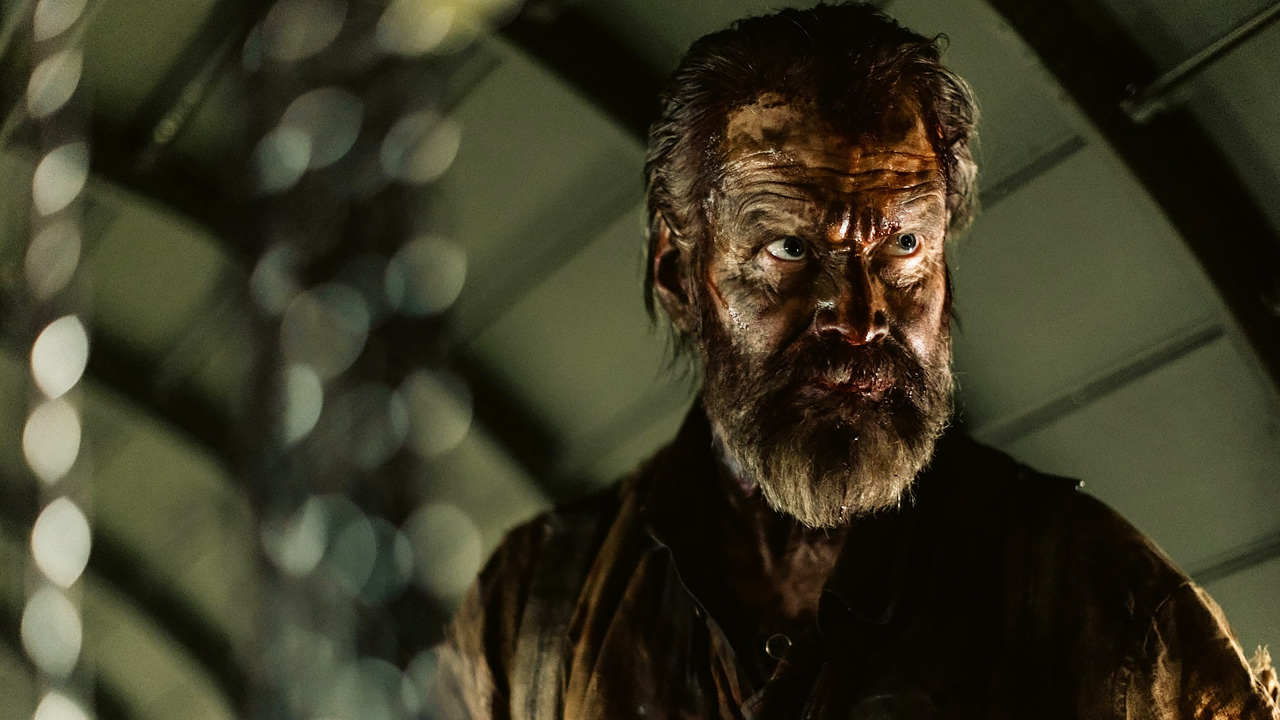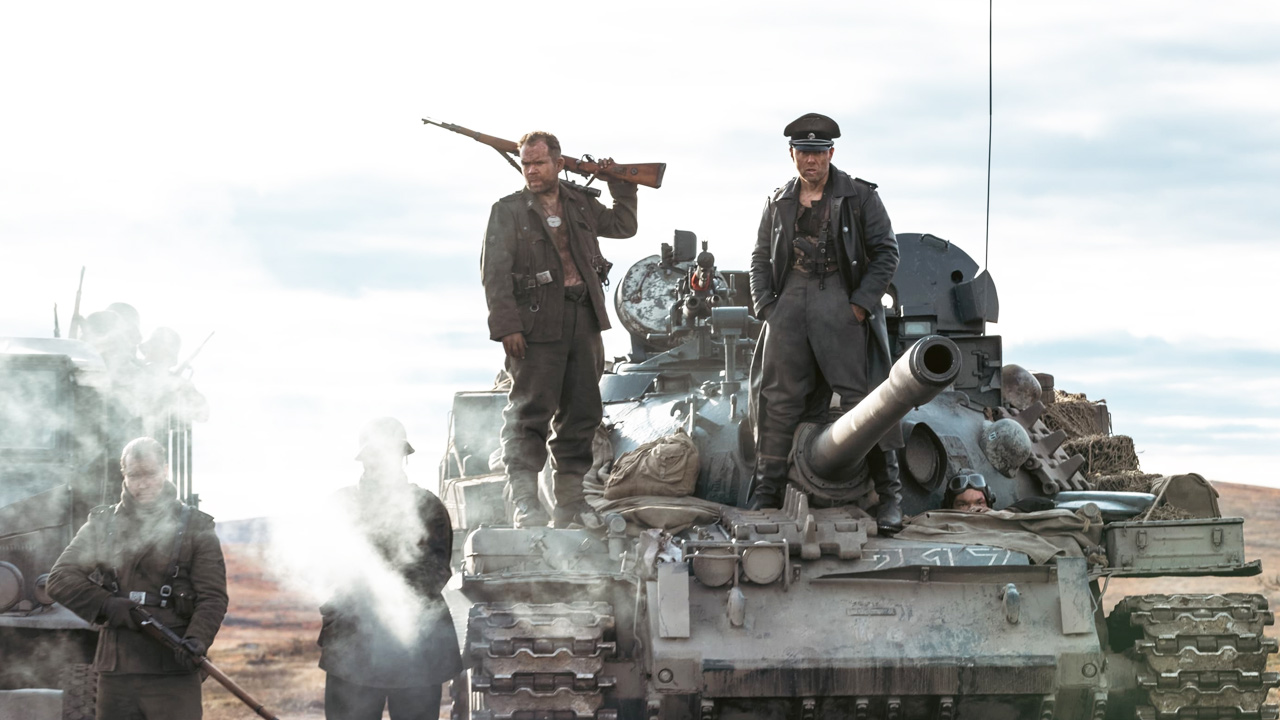Prepare thyself for Sisu: a gnarly war movie chockful of hardboiled badassery
Jorma Tommila gives a strong, intentionally one-note performance as a guy the Nazis shouldn’t have messed with.

A Finnish gold prospector lays waste to greedy Nazis in grotesque action film Sisu. Luke Buckmaster wishes the movie did less ‘telling’ and a bit more of its grisly, violent ‘showing’, but it’s still a total blast.
Here he comes again: the stoic hero, the lone wolf, the ancient warrior reincarnated. If the zeitgeist is in a state of perpetual change, the mythological badass who stomps around like a god on earth rides eternal—as we’re reminded throughout the hardboiled mayhem of Sisu.
Protagonist Aatami Korpi (Jorma Tommila) maintains the tradition of keeping mum, nary a word escaping his lips for almost the entire 91 minute runtime. Why expend effort enunciating when you can roam around, shrouded in grim mystique, the entire weight of the film behind you, the film itself doing the talking? This is the reason hard-bitten characters of this ilk, from Max Rockatanksky to the Man with No Name, are often quiet types: nothing they can say is louder or bolder than the action around them. Especially in Sisu, which is pretty freakin’ loud.
Writer/director Jalmari Helander constantly reiterates the indomitable qualities and Campbellian aspects of his protagonist, a prospector who finds a shitload (technical term) of gold deep in Finnish wilderness circa 1944, during the final stages of WWII. Korpi has to work hard to keep it, and this work involves killing Nazis. Lots of ’em. The film is fetishistically violent, cathartically imagining personal triumph against Nazi evil. Full-tilt furore towards the Führer, like Inglourious Basterds—sans the historical revisionism.
Quite early on, Korpi receives a legend-inflating backstory dump via a Nazi recounting how he was once a commander: a “mean motherfucker” and “the most feared in his unit,” who “took orders from no-one” and “became a one-man death squad.” We didn’t really need this: it pumps up the hero while reducing his mystery.
Nor did we need another character delivering a similar description deeper into the film, rationalising Korpi’s apparent invincibility not as immortality but a simple resolve: he “just refuses to die.” And nor did we need a voice-over man at the start, who, accompanying shots crawling over shrubbery-splotched terrain in Lapland, introduces him as “a man who has decided to leave the war behind him, for good” (but try telling that to a veteran with PTSD. Nobody can choose to leave a war behind them—for good or for anything). All this legend reiterating…we get it, we get it. The real fun comes from watching a legend being made, not talked about.
Sisu was advertised with a viral hellzapoppin’ trailer that gave the impression of face-melting carnage delivered from go to whoa. That isn’t quite the case (not the first time advertising has lied to us) because there’s quite a few build-ups and quiet periods. But it’s entertaining throughout, with well-calibrated peaks and troughs and a tonal quality that feels both sticky and detached. It gets its hands dirty, then wipes them clean on an SS uniform.

During the initial calm before the storm Korpi cries out in pleasure when he discovers gold; a rare and fleeting moment of jubilation. When the protagonist attempts to stroll past a bunch of Nazis with his loot (la di da, nothing to see here…) he’s inevitably stopped and accosted. We wait for him to snap; we know it’s going to happen. And when it does the film changes in a heartbeat to extreme violence, announced by the sight of a knife going through a Nazi’s face and out the other side. The tone is cartoon grotesquery that you can’t take seriously but can’t entirely laugh away. This sort of film goes down well at a packed-out midnight screening.
Tommila keeps a stern face, all steely looks and gritted teeth, letting the commotion rise and swell around him. It’s a strong, intentionally one-note performance.
There’s never any threat to the hero but that doesn’t matter. Whenever Korpi finds himself in a tight spot, you know the film isn’t going to save him through writing ingenuity; you know the unvanquishable warrior schtick will see him through. The way the hero walks right into traps then walks right out of them, undiminished and unbroken, makes him more Road Runner than Road Warrior. One plot thread involving sex slaves who get into the spirit of things and also fight back feels machine-tooled and Fury Road-lite, as if Helander scribbled in a feminist element during his final draft.
But most of the time Sisu is focused, concentrated and full of grunt: a gnarly romp executed in a lean style, pushing its hero’s badassery to the fore. Did I mention this guy is a bit of a legend?

























